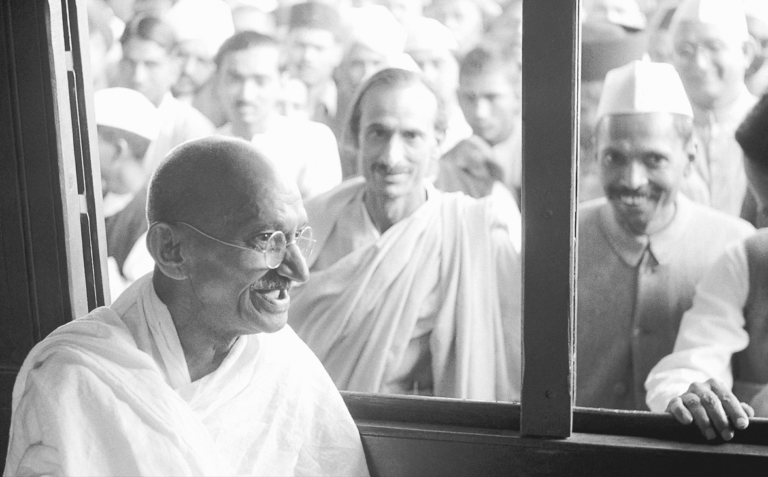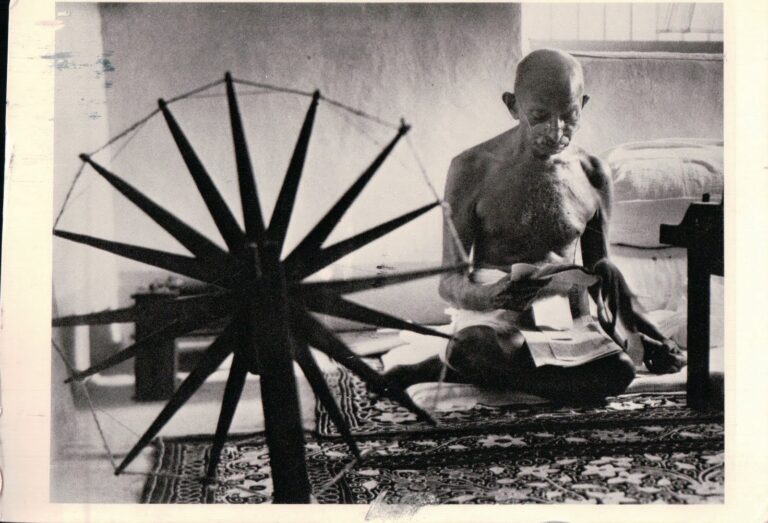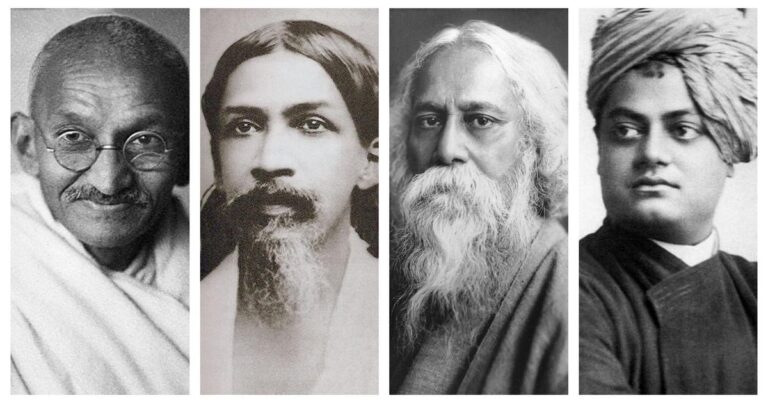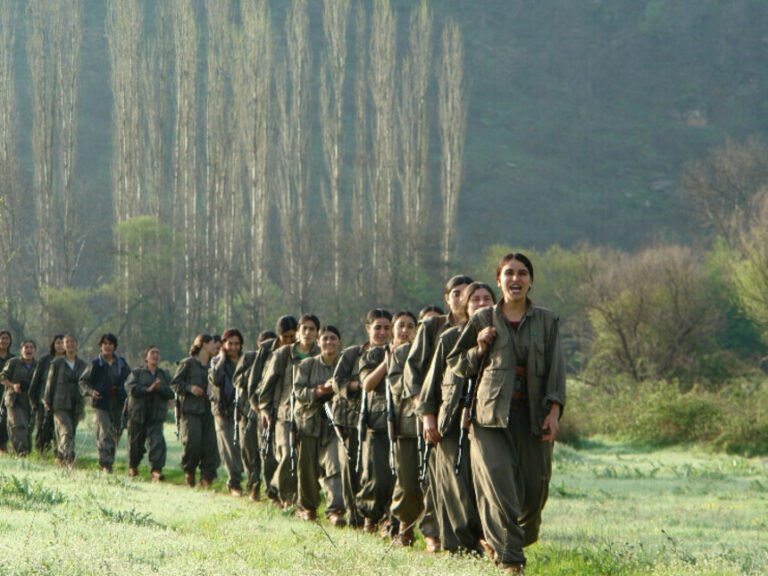Jawaharlal Nehru and the Dissenting Congressman
On his birth anniversary, a great-nephew of Acharya J.B. Kriplani reflects on what his and Nehru’s relations say about the late Congress leader’s ability to deal with dissent and criticism.
India’s oldest Socialist Weekly!
Editor: Dr. G.G. Parikh | Associate Editor: Neeraj Jain | Managing Editor: Guddi

On his birth anniversary, a great-nephew of Acharya J.B. Kriplani reflects on what his and Nehru’s relations say about the late Congress leader’s ability to deal with dissent and criticism.

In a remarkable coincidence, irrefutable evidence of ‘the RSS connection’ with Gandhi’s assassination surfaced in recent years – just as it was about to claim the Gandhian heritage.

Following Ramsay MacDonald’s Communal Award, designating separate electorates for ‘untouchables’, Gandhi began a fast unto death which culminated in the signing of the Poona Pact. The diary of Mahadev Desai, Gandhi’s personal secretary, offers an honest window into the days leading up to this decision.

The idea of ‘Swaraj’ remains central to the life and works of Mahatma Gandhi. Beginning from his seminal work ‘Hind Swaraj’ in 1909, the idea of Swaraj takes centre stage in the later development of Gandhi’s thought and ideas.

Gandhi’s ideas on caste and untouchability have created much misunderstanding in scholarly circles. This paper examines the different positions of attack or defense of Gandhi’s treatment of the question of caste and untouchability, an issue to which Gandhi devoted a large amount of time and energy.

“We have completed one journey of consolidating our freedom, the foundations of which were laid a hundred years ago by our people with their blood, sweat and tears… We have today to remember the lessons of unity, religious tolerance and fellow feeling taught by Mahatma Gandhi and other great sons of India and go forward in a united and determined manner.”

“’Quit India’: The Last Nail in the Coffin of the British Empire”: The movement took a turn not contemplated by Gandhi and the Congress leaders. Also: “81 Years Ago, Launching the Quit India Movement, Gandhi Had Warned Us of Our Current State”.

It is a well-known fact that during the Quit India Movement, the RSS sided with V.D. Savarkar’s Hindu Mahasabha. In the midst of the ‘do or die’ call by the Mahatma, it “kept itself within the law”.

In his landmark book, Dennis Dalton had originally examined the approaches of Vivekananda, Aurobindo, Gandhi, and Tagore.

On violence, non-violence, and the state. Mohandas Gandhi (1969-1948) and Abdullah Öcalan (1949-) were not contemporaries; this conversation is imaginary, but it may well have taken place in one of the many worlds we inhabit.
Janata Weekly is India’s oldest independent socialist weekly.
Ever since its founding in 1946, Janata has voiced its principled dissent against all conduct and practice that is detrimental to the cherished values of nationalism, democracy, secularism and socialism, while upholding the integrity and the ethical norms of healthy journalism. For more than seventy years now, week after week, it has continued to analyse the changes taking place in the country and the world from a socialist standpoint, and thus promote the spread of socialist ideology in the country.
Address: D-15, Ganesh Prasad, Naushir Bharucha Marg, Mumbai- 400007.